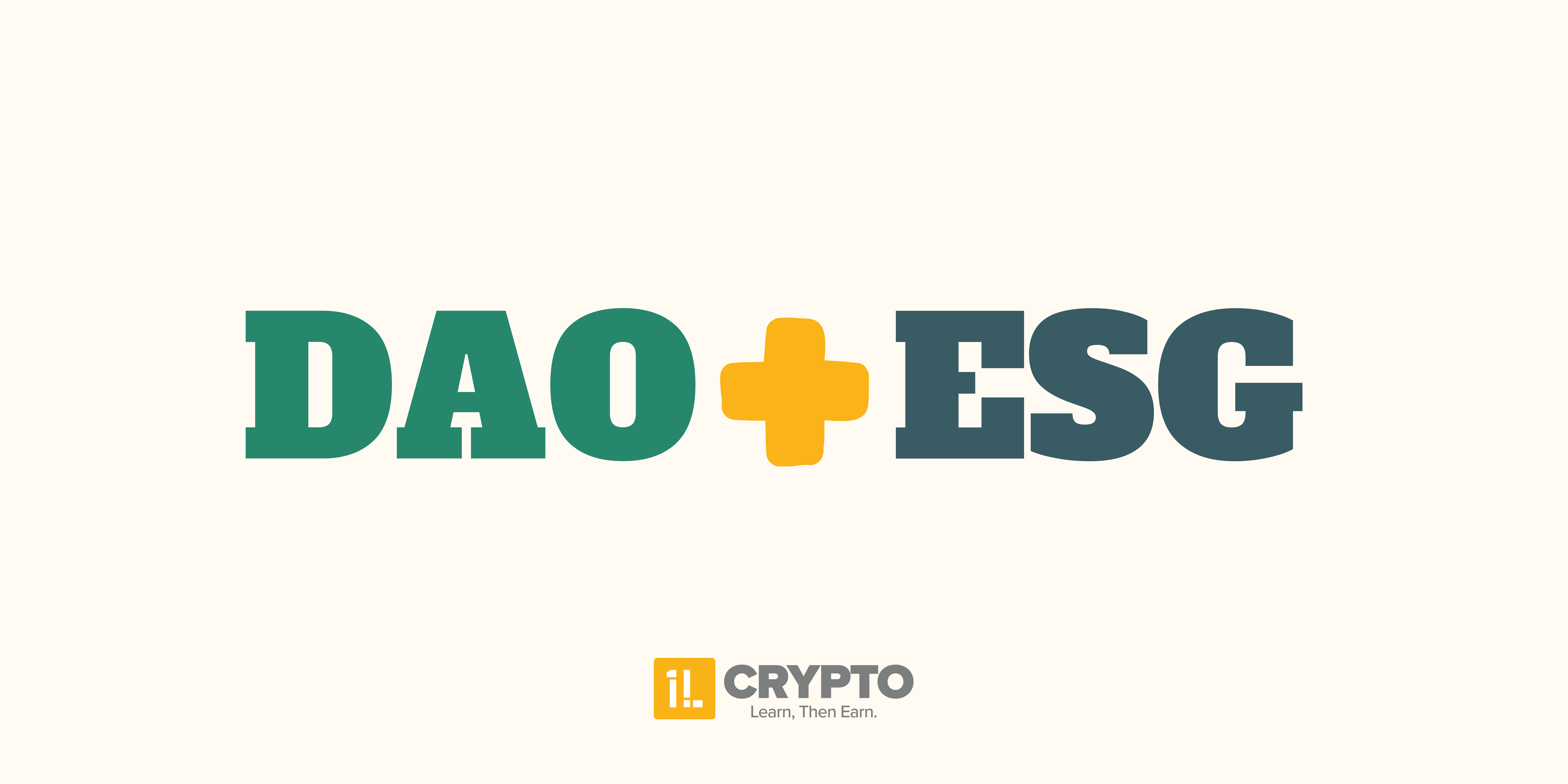Blockchain is decentralized.
Decentralization: a promising concept that lays down the road to transparency. Whether we need full transparency or not is the topic for another discussion, however, blockchain gives us the option.
And it’s not a limited one.
We can choose where, when, and to what extent we want to use these features. Maybe the idea of picking the level of transparency defies the core notion of transparency, but nonetheless, blockchain allows us to choose.
So to put it in one sentence, like every notable tool whose invention is remembered as a turning point in history, blockchain has changed our world; Even though not so clear and with costly imperfections, it has shown us the vision of a world where we will decide; the community that benefits and suffers from each decision, command, or rule.
In a world where democracy has failed us completely, decentralized governance is probably one of the most promising elements of blockchain; a concept that can form a new order of governance, something that we may be able to see its infant implications in today’s DAOs.
DAO: An Automated, Transparent Democracy
One of the offsprings of blockchain and its capabilities is the idea of decentralized governance, the foundation of the DAO model.
Decentralized Autonomous Organizations or DAOs are simply an establishment where members can participate in decisions that have a direct effect on the future of their organization.
Let’s call it an automated democracy with a little sprinkle of transparency on top.
DAO is a tool and it’s completely up to us how to set it up and run it. The rules of a DAO are coded in a contract which, assuming that the contract has been placed on a considerably secure platform, guarantees the safety of the rules.
There is no Supreme Court to overrule the founding ideas of a DAO. We have members, proposals, transparent voting, and rules on how the voting is conducted.
With a DAO, we can have dynamic voting power. The effects of someone’s opinion on a matter can be subject to different factors and we can tweak these factors based on the decision at hand.
Money may be power in today’s political world but with a DAO, factors such as affection, intelligence, dedication, experience, and competency can be the main determining elements.
And it’s blockchain so there’s nothing to hide. We either have the proof recorded on the ledger, or not!
DAO Is The Governance We’re Looking for In ESG
When it comes to ESG and crypto or blockchain, most focus on the environmental part of ESG.
ESG stands for Environmental, Social, and Governance which simply believes that a corporate should be run with stakeholders, society, and environment in mind equally.
The World Economic Forum defines 13 factors for the G in ESG:
- Business ethics
- Board composition
- Incentive structures
- Tax strategy
- Corporate leadership
- Political responsibility
- Fair competitive practices
- Risk and crisis management
- Transparency
- Stakeholder engagement
- Resource allocation
- Anti-corruption and integrity
- Supply/value chain management
Looking at the list above, we can say that a blockchain-based DAO can simply address these factors directly or facilitate their implementation.
Among other things, the G element of ESG focuses on the decision-making part of a company: the board of directors.
And a DAO is indeed a natural when it comes to this.
The DAO model is diverse and transparent in nature and its immutability makes it extremely easier for other factors to be addressed.
A DAO can be established with proper business ethics on a secure platform. Voting rights need to be distributed among community members based on key factors such as “competencies, diversity, oversight capacity, and independence”.
After that, every decision regarding the corporation will be approved by the members. Voting is transparent and conducted on blockchain, and based on the decision, the result will be implemented.
Corruption will become harder as well. A DAO’s treasury holds corporate funds and cannot be accessed unless the board members reach a consensus. In this way, not a single member can run away with funds or simply conduct embezzlement.
A DAO is robust but can be flexible at the same time. The founding rules can only be changed once most of the members agree upon them, making it possible for a corporation to integrate all the changes required by ESG.
EndNote
The G in ESG can be considered the most important element as it can have a direct effect on the implementation of the other two elements.
Looking at blockchain and its incredible features, we can say that the technology can play an essential role in the ESG initiatives of corporations.
With DAO, it’s quite important for the code to be audited thoroughly to make sure it’s secure against exploitation. The immutability, decentralization, and transparency will make the rest quite easy.
We have to remember, a DAO is just a tool with outstanding benefits and it’s completely up to us how to use it: to build a truly transparent organization that aims to build a better society or create another smart and shiny ruse to hide the self-benefiting activities.






